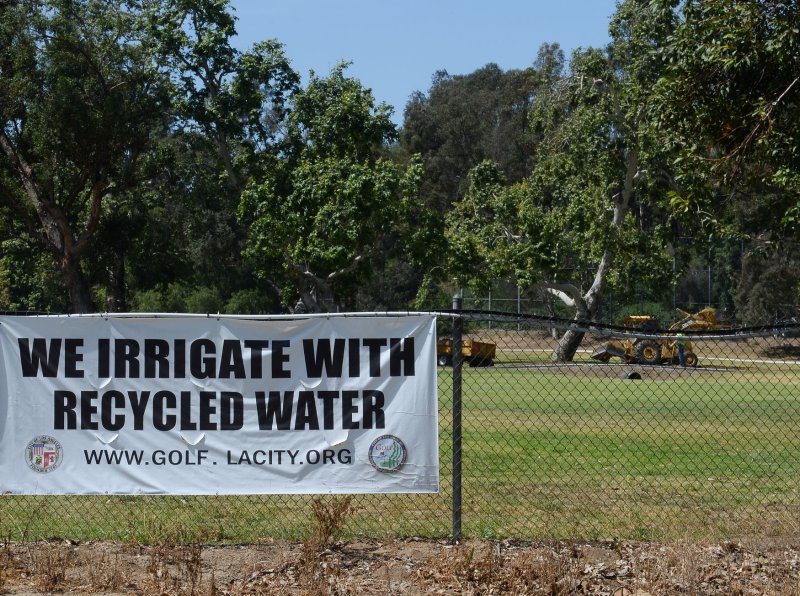SACRAMENTO, May 19 (UPI) -- California regulators approved the loosening of water conservation rules, reflecting an expected easing in drought conditions.
In a 4-0 vote Wednesday, the State Water Resources Control Board decided to end emergency conservation mandates imposed by Gov. Jerry Brown, and allow urban municipalities to set their own water-use reduction goals. Although the southern part of the state remains severely impacted by the four-year-long drought, rainstorms and winter snows have left northern California hydrated and with ample water in its reservoirs.















